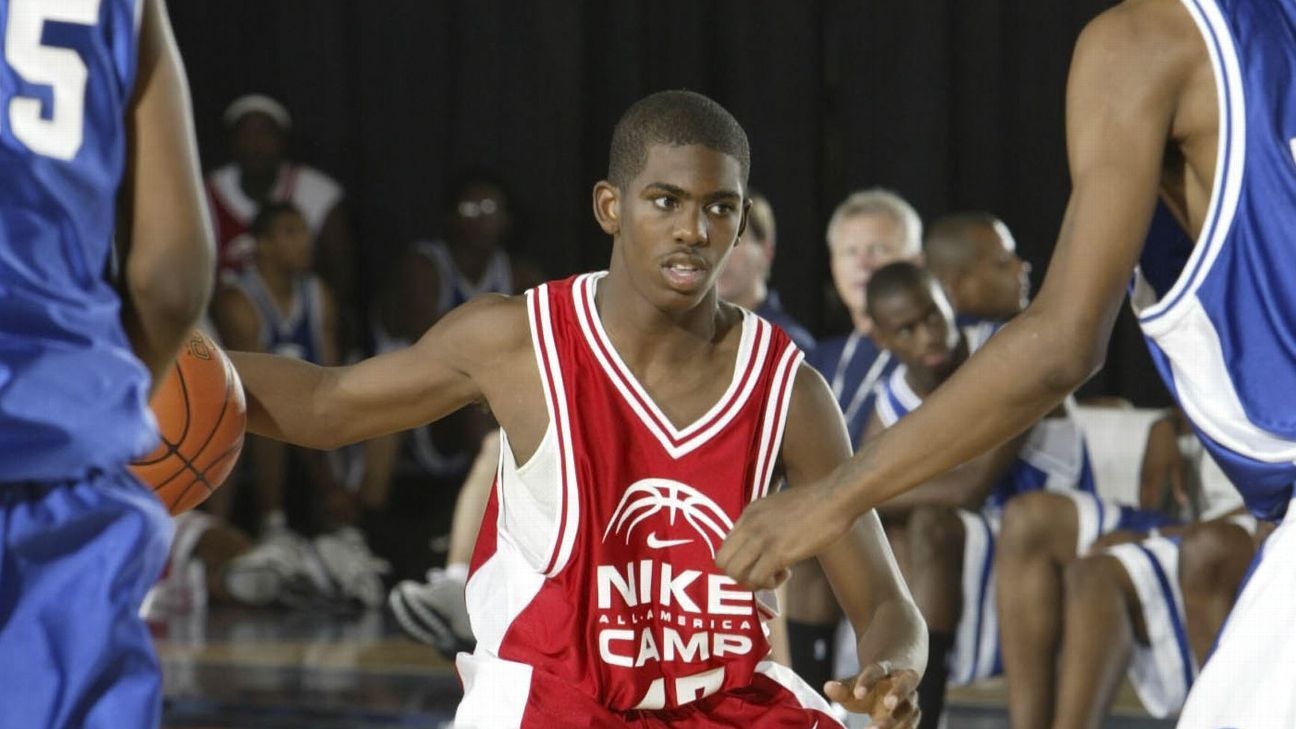BREAKING: In a shocking turn of events, a North Carolina judge has just vacated the convictions of four men in the 2002 murder of Nathaniel Jones, grandfather of NBA star Chris Paul. This urgent development raises questions about the integrity of the legal proceedings that led to their sentencing.
On October 20, 2023, Superior Court Judge Robert Broadie dismissed the convictions of Nathaniel Arnold Cauthen, Rayshawn Denard Banner, Christopher Levon Bryant, and Jermal Matthew Tolliver, who were convicted as teenagers for their roles in the brutal attack that led to Jones’ death. The judge’s order followed a hearing in Forsyth County earlier this year, and it has sent shockwaves through the community and the legal system.
Jones, aged 61 at the time of his death, suffered a heart attack after being tied up, beaten, and robbed outside his home in Winston-Salem. The four accused were all just 14 or 15 years old when they were arrested. Despite being convicted in trials during 2004 and 2005, the convictions were overturned due to newly revealed evidence, including recanted witness testimony and allegations of inadequate legal representation.
Judge Broadie’s ruling emphasized that DNA profiles “further serve to corroborate Defendants’ assertions that their confessions were false,” suggesting that they “were not present at the scene of the crime.” This critical revelation could reshape the narrative surrounding this long-standing case.
Faced with this unexpected ruling, Attorney General Jeff Jackson has announced plans to appeal, stating on October 23, 2023, that his office has requested the state Court of Appeals to halt the enforcement of Broadie’s order while they assess their options. A spokesperson for Jackson, Nazneen Ahmed, expressed concern about the implications of the ruling, particularly for defendants Cauthen and Banner, who are currently serving life sentences.
District Attorney Jim O’Neill criticized the judge’s decision, particularly the dismissals “with prejudice,” making future appeals more complex. “I’ve never seen that happen before in a court of law,” O’Neill stated. This adds another layer of controversy to the case, as it raises questions about judicial practices in North Carolina.
In defense of Broadie’s ruling, Christine Mumma, an attorney representing Cauthen and Banner, defended the judge’s authority to dismiss cases with prejudice, highlighting that the state legislature granted judges such powers. “If the General Assembly didn’t want judges to have the authority to dismiss with prejudice, they wouldn’t have given judges that authority,” Mumma stated.
The implications of this ruling extend beyond the courtroom. The emotional weight carried by Chris Paul, a 12-time NBA All-Star, is profound. Paul was a standout high school basketball player at the time of his grandfather’s murder and had committed to play at Wake Forest University in Winston-Salem. The overturning of these convictions not only impacts the lives of the accused but also resonates with the family and community that have borne the burden of this tragedy for over two decades.
As this case develops, it is crucial to monitor the state’s next moves, particularly as the legal battle unfolds in the appeals court. The community and supporters of justice await clarity on what this means for the convicted parties and the legacy of Nathaniel Jones.
Stay tuned for more updates on this unfolding story.
